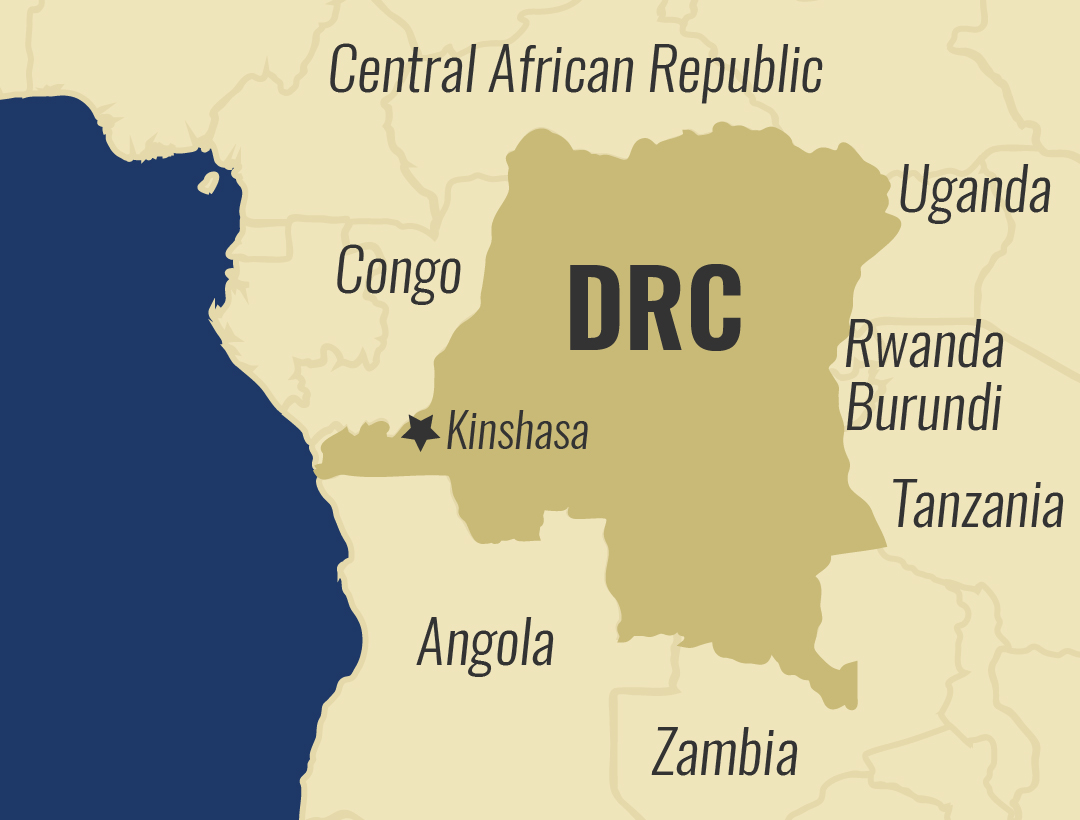Faces of Africa 03/05/2017 Thomas Sankara’s Ghost
2014 marked 27 th anniversary of the death of Thomas Sankara, one of the great leaders of
the twentieth century.
Sankara was a profound leader that had deep love for his country. He was the first
committed feminist who started to preach about women empowerment long before the
global civil society started to talk about women empowerment.
Thomas Isidore Noel sankara was born in 1949. He was a Burkinabe military captain, Marxist
revolutionary, pan-Africanist theorist, and the President of Burkina Faso from 1983 to 1987.
For the short period of time that he was the president, he preached economic self-reliance.
He shunned World Bank loans and promoted local food and textile production. He outlawed
female circumcision, built railways, schools, and kick started public housing construction. His
administration pushed for literacy programs and embarked on an anti-corruption drive in
the civil service.

“He made us evolve. He made us understand that no one else will come and build our
country. It is us, and we are going to build it. He made us understand that we are not less
than others,” recalled Ernest Ouedraogo – Sankara’s security minister.
He forbade the use of chauffeur driven Mercedes and first class airline tickets by his
ministers and senior civil servants.
“First he wanted to provide one vehicle for every two ministers. We said that would be hard
to manage and a bit complicated. He understood so he assigned us each a vehicle,” recalled
Earnest.

In 1970, at the age of twenty, Sankara was sent for officer training in Madagascar, where he
witnessed a popular students and workers uprising that succeeded in toppling Madagascar’s
government. Before returning to Burkina Faso, Sankara attended a parachute academy in
France where he was further exposed to political ideologies.
In 1974 he earned much public attention for his heroic performance in the border war with
Mali, but years later he would renounce the war as useless and unjust.
While at military school, Sankara met Blaise Compaore, a young activist then. They became
close friends. The two would clinch the power in 1993 as Sankara the president and
Compaore his deputy. “Compaore and Sankara were friends, they were like brothers. When
the two took power, for the parents it was two brothers who had gone to power,” told
Pascal Cambu – Sankara’s school friend.
But rumors would have it that Compaore was planning a coup. “Everyone could feel that
something was coming,” told Ernest.

Unfortunately Sankara would not hear of it and in 1987, he was assassinated. It is alleged his ally Blaise Compaore and the French plotted his assassination. After Sankara’s death,
Compaore became the president of Upper Volta as it was named by the French colony and
later named Burkina Faso meaning ‘land of upright people’ by Sankara. Compaore ruled for
twenty seven years but his end would eventually come when he tried to rule for five more
years. That rubbed the countrymen badly and the country was mulled by protests. Tens of
thousands protested in the capital, Ouagadougou, as parliament was set on fire. The ideas
and the ghost of the one true leader Thomas Sankara were awakened.
The once young Burkinabe who secretly held the ideas of young sankara, started to chant his
words, “power to the people! Strength to the people! Glory to the people as captain Sankara
said,” told Adam Guebre. In October 31 st 2014, Compaore was ousted. The young people of
Burkina Faso are optimistic that the future looks bright. They look forward to a society that
follows the principles of their slain young leader.
“I used to sing that the day will come when the children of Thomas Sankara are going to be
men and today we are men and that is why we came together,” told Sam’sk Le Jah –
musician.





